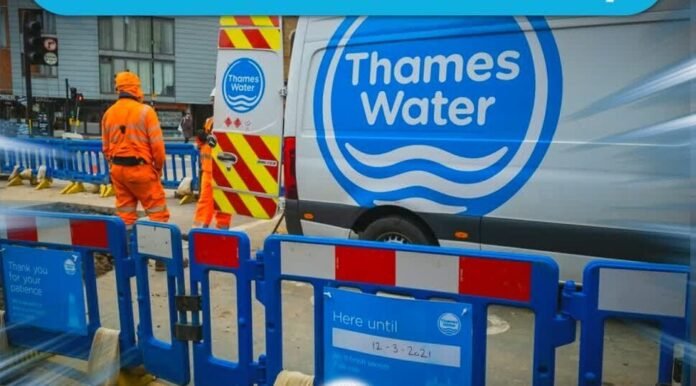Private equity giant KKR pulls out of Thames Water rescue bid, forcing lenders into a scramble.
Thames Water faces its most critical moment yet after US private equity firm KKR abruptly walked away from its high-stakes rescue bid, plunging Britain’s largest water company deeper into uncertainty. Creditors, regulators and government officials are now locked in a frantic race to avert collapse, with the spectre of temporary nationalisation looming larger by the hour.
For 10 intense weeks, KKR deployed a legion of advisers, engineers and legal minds to dissect Thames Water’s labyrinthine finances and ageing infrastructure. The firm’s partners toured sewage works, pored over balance sheets, and even enlisted co-founder Henry Kravis to lobby Labour’s senior advisers. But the deeper they dug, the worse the rot appeared.
According to sources close to the deal, what began as a complex but manageable turnaround soon spiralled into something far murkier. Crumbling assets, spiralling environmental fines, and a growing sense of political risk spooked KKR’s leadership. Over the weekend, they pulled the plug — leaving Thames Water, and its £13bn in debt, without a buyer.
Embed from Getty ImagesThe decision stunned creditors, many of whom had recently bought discounted bonds in anticipation of a deal that would yield a tidy profit. Now, those same investors — including heavyweights like BlackRock, Aberdeen and Invesco, as well as aggressive hedge funds such as Elliott and Silver Point Capital — must cobble together a rescue plan themselves.
And they don’t have long. Thames is rapidly burning through the first tranche of a £3bn emergency funding facility, borrowed to keep its taps running and employees paid. A spokesperson for the creditors warned of a “very short and closing window” to avert a full-blown crisis.
Government officials, already jittery, are preparing for the worst. On Tuesday, Environment Secretary Steve Reed told parliament that while ministers still hoped for a “market-led solution,” they were ready to place Thames Water into special administration — effectively a temporary nationalisation — if needed.
That move would mirror the fate of energy supplier Bulb, which was taken into public hands in 2021 after it too collapsed under the weight of market pressures. The legal team preparing the groundwork for such a scenario includes Linklaters’ Alison Saunders, a former Director of Public Prosecutions, and Jonathan Jones, once the top lawyer in government.
Meanwhile, Ofwat — the regulator for England and Wales — shows no signs of easing pressure. Last week, it levied £123m in penalties on Thames Water, mostly related to illegal sewage discharges. Sources say KKR had hoped to negotiate leniency on such fines, but regulators refused to back down.
“There were always three parties in this marriage — Thames Water, KKR, and Ofwat,” noted Helen Rodriguez of CreditSights. “And one wasn’t prepared to compromise.”
The reality now is that a chaotic group of more than 100 bondholders must act as a de facto board, negotiating with regulators, ministers and themselves. Jefferies, the investment bank, has taken the lead on advising the creditor bloc.
There are calls for Thames Water’s CEO, Chris Weston, to be replaced by a team with deep industry knowledge and credibility. A total reset, creditors insist, is the only viable option.
The collapse of the KKR deal couldn’t have come at a more symbolic moment. An interim government review published on the same day concluded that England’s water industry suffers from “deep-rooted, systemic” failings.
With raw sewage still fouling British rivers and customers fuming over years of underinvestment and over-rewarded executives, the crisis engulfing Thames Water now feels like a final reckoning — not just for one firm, but for a broken model of privatisation.
